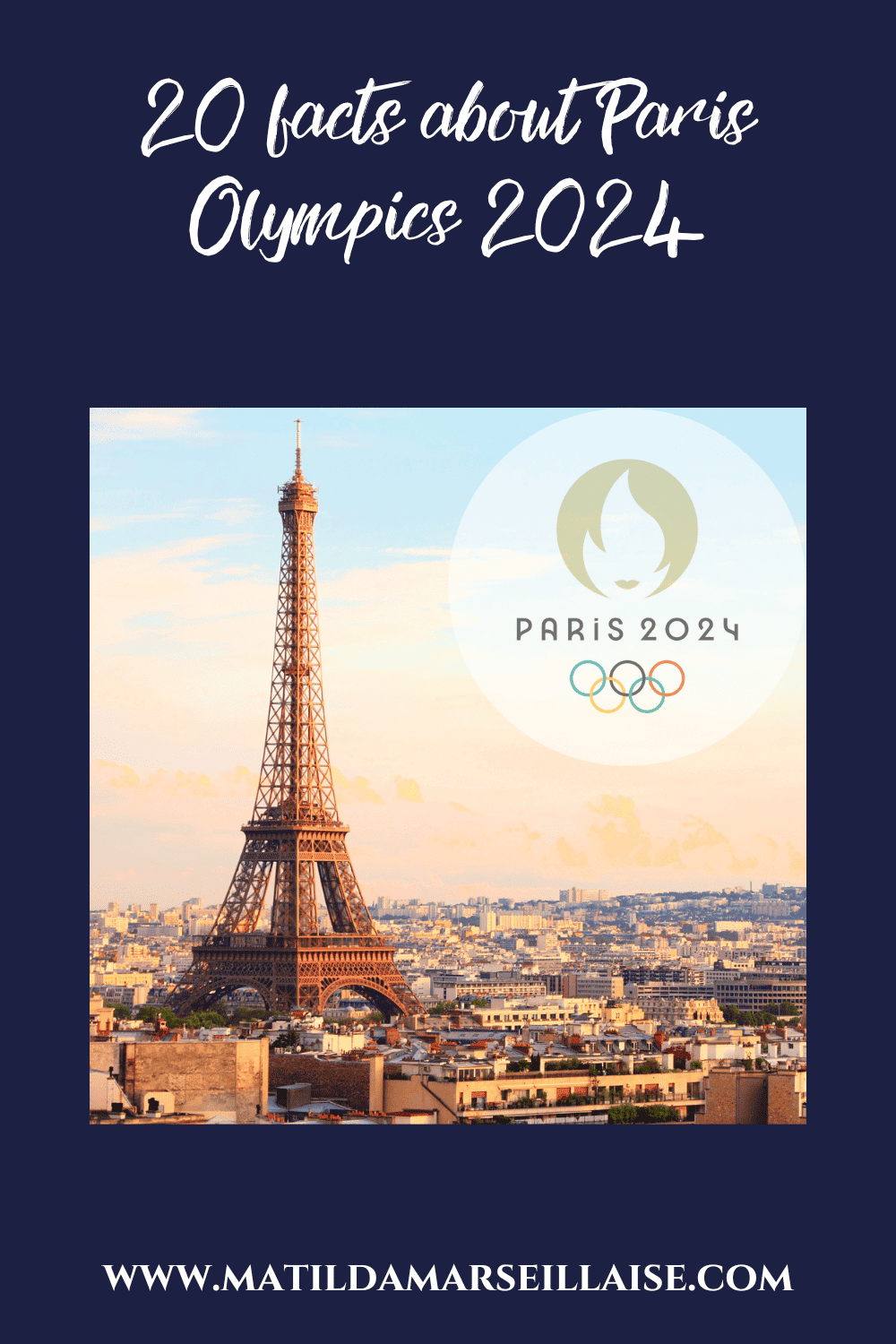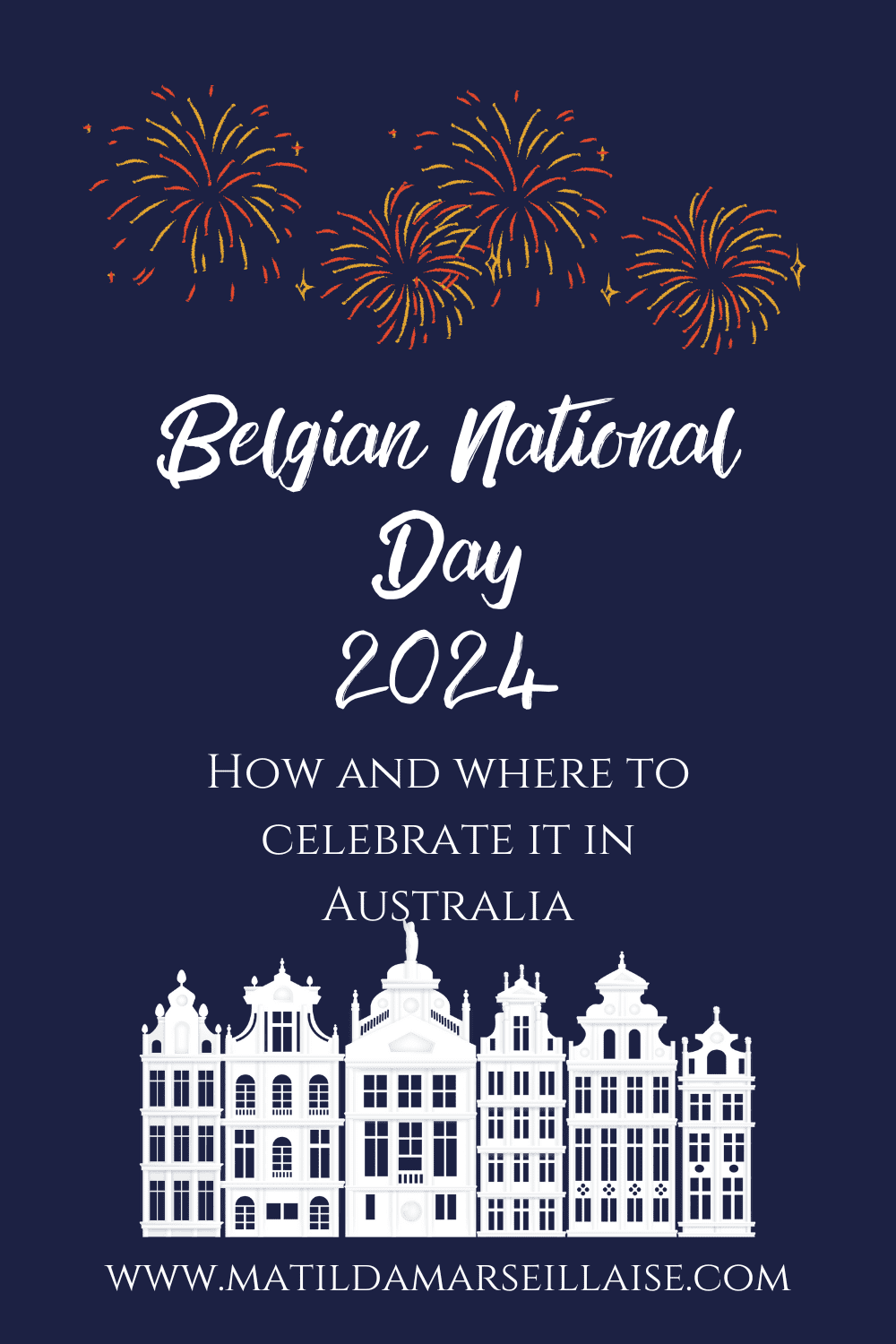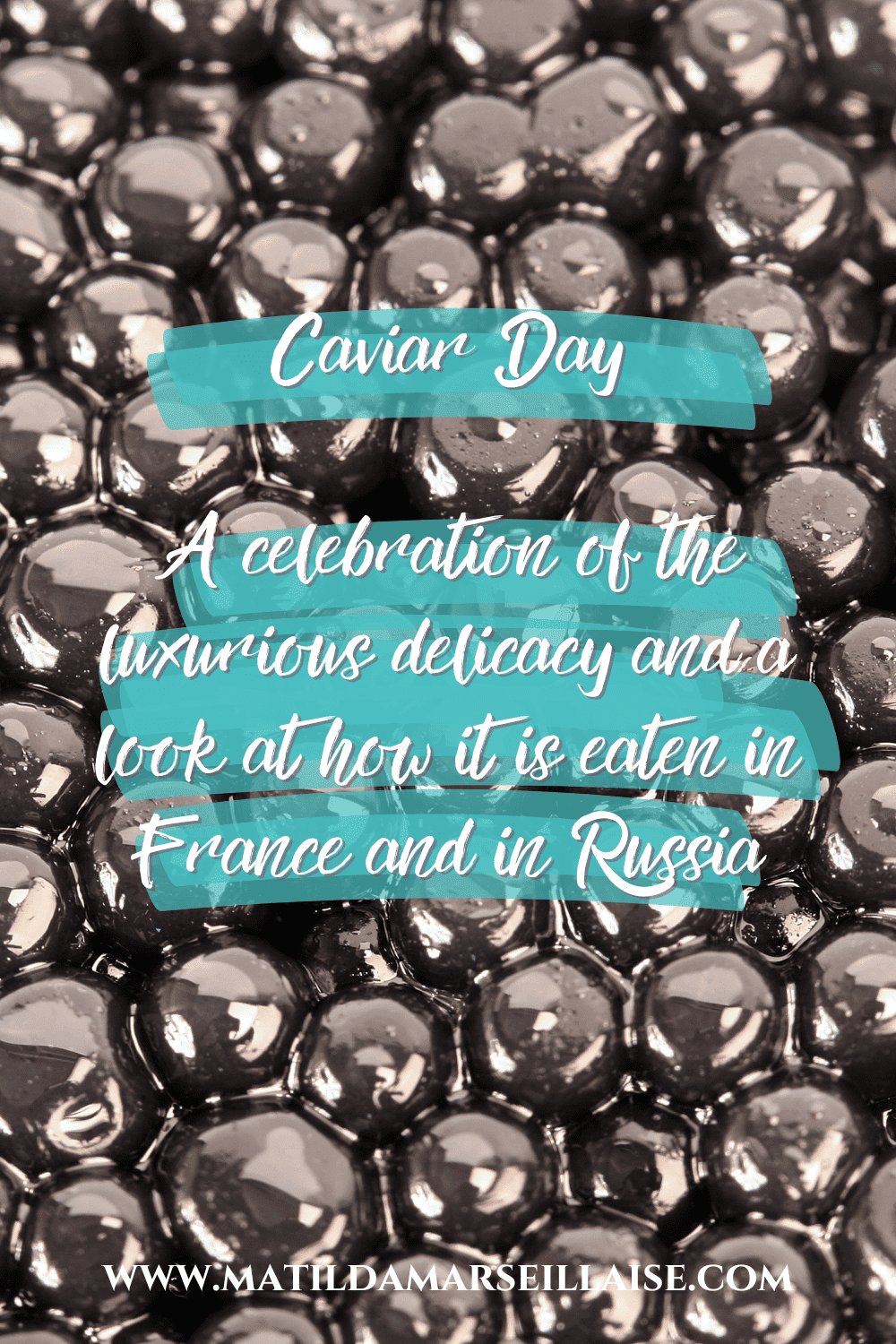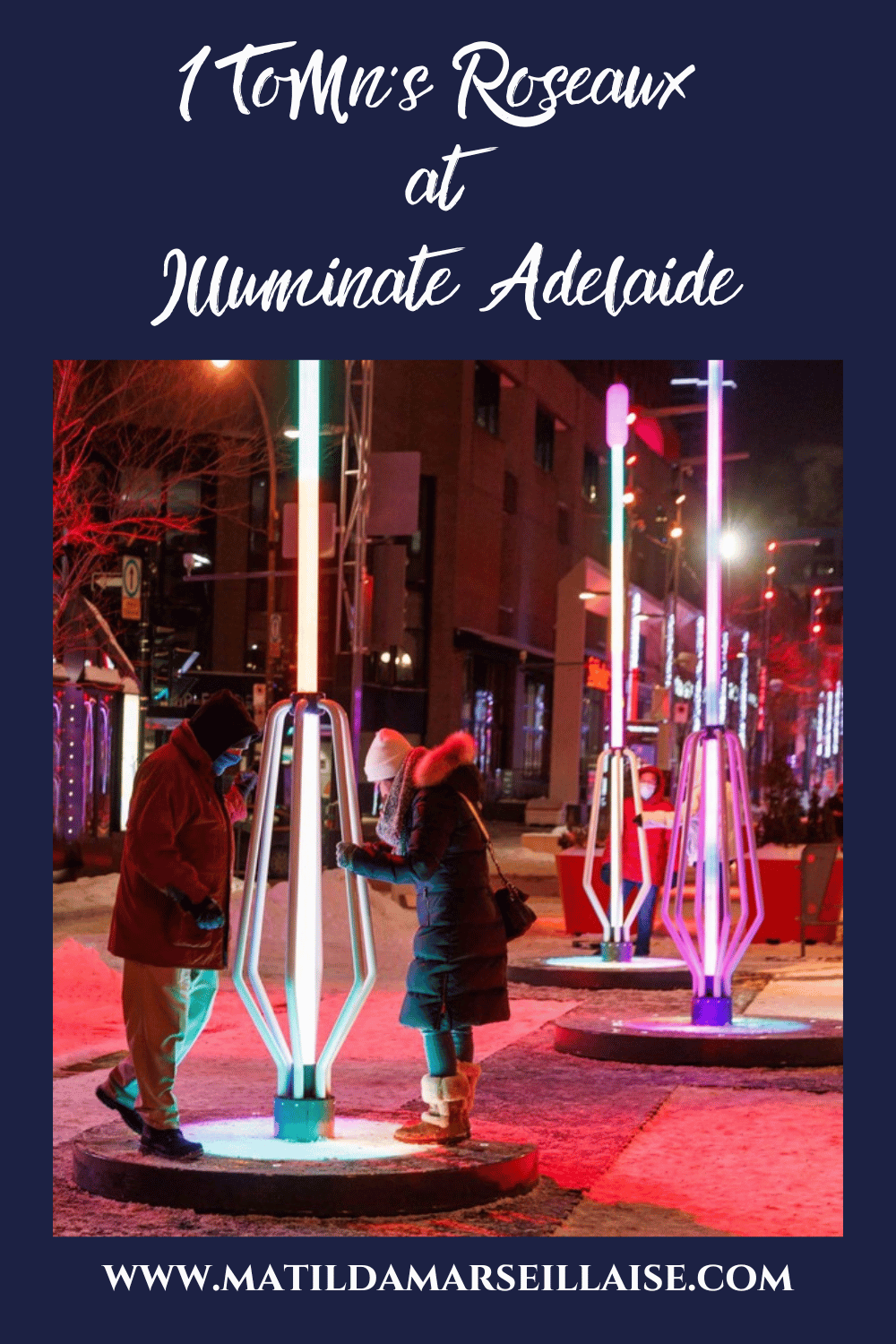Congolese-Belgian artist, Baloji will perform two concerts in Australia – both at WOMADelaide this weekend. If you think rap is only about violence, Baloji will change all of that. We spoke to him ahead of his arrival in Australia.

Baloji, I wanted to ask you a few questions as you are coming to Adelaide for WOMADelaide and then to New Zealand for its WOMAD. Starting with you, in your bio, you are referred to as an “artist in motion, musician, poet, film director and a man of images and ideas.” Among all of those, what is your first love?
It wasn’t me that wrote it. It’s complicated to write a bio. It would be words.
So poetry? Did that start young?
I don’t know. From about 14 years of age, not that young. Yes, from the age of 14.
How did you discover poetry?
Through rap contests. In listening to rap contests. Yes, and I was interested in words, in poetry, in singers like Léo Ferré and I continued to evolve.
Peau de chagrin (clip with English subtitles)
Your first album was a bit political. You speak about the Congo (if I understand correctly, you were born there) and the pillaging of minerals, gold, etcetera.
Yes, that’s correct. It’s really just with this one song though.
Do you play a role in the political messages in Congo or is it just through your music?
Just through my music. It is impossible to speak about politics. It’s really not possible. It’s tolerated through music but nothing more. It’s complex. You can’t talk about politics in a public forum.

Yes. That’s for sure. It’s a very sensitive subject.
Yes, extremely sensitive.
You also wrote a letter to your mother through your music.
Yes.
And it’s been said that a letter from your mother pushed you to take music back up–
It’s that – the fact of finding your mother, it was responding to that through music. She didn’t push me to make music.

Has music, such as the song in which you reply to your mother, healed your wounds?
Oh, I don’t know. No, I don’t think so. I think that you can only talk about things in music once you have taken some distance from things. It’s not possible to make music if you haven’t taken the necessary distance.
Or perhaps the music would be quite different if you haven’t taken that distance. The music might be more angry?
To manage things to do it, yes.
Your first album “Hotel Impala” covers a lot of different musical styles. It’s not just rap. There is a lot of singing, choral, etc. What’s your favourite musical style? It is always rap?
Always, rap. Yes, I think so. In fact the music serves the story and the style depends on what we are wanting to say. So it’s in that way that music is chosen…. in relation to the subject and the theme… rather than saying we are going to create a song in a particular style.
L’Hiver Indien (clip with English subtitles)
So there is the theme and then you chose the music to fit that theme.
The theme spells out the music. Voila.
Have you already been to Australia?
Never to Australia.
So you’re going to visit a little.
We’re doing straight to Adelaide where we will spend some time. I know a few people in Sydney and Melbourne but I’ve never been. But I will discover Adelaide.
Hoping that your friends will be able to come see you in Adelaide.
I’d like to, yes. I’m very curious.
Well for a start, it’s hot here so it’s going to be a change from Belgium.
It’s “the land of the breakfast”. New Zealand is known as having the best breakfast in the world That’s what we say.
I didn’t know! You’re going to find out.
Exactly.
What can we expect from your concerts at WOMADelaide ?
What can you expect… We have a group… there are 5 musicians on stage.
Drums, guitar, keyboard… all of the musicians sing.
I don’t know if we are playing for an hour or 45 minutes.
I think normally it’d be for an hour.
Ah there you go. Our concerts are often an hour, an hour and a half, an hour 45, two hours. So it will be interesting to play a shorter set.
Do you normally perform outdoor concerts or in halls?
Normally in halls. But outside is good too.
It will be different. WOMADelaide takes place in a big and beautiful park. It’s a beautiful place.
A beautiful place.
I also wanted to chat to you about rap music because there is a stereotype that rap music is always about violence. You’ve shown that is not the case. Why, according to you, is there the idea that rap is always speaking about violent things?
The problem is that rap was written in violent areas so it is only a reflection of the reality. Violence. I don’t think that rap is, by its nature, violent. It’s just that it was created in an environment which is extremely violent.
So it’s representative of their daily lives.
Exactly. And also, unfortunately, there are associations which are made which are dramatic but not real.
And you need to also speak about things that are real too.
Yes, it’s a part of our society. Extremely patriarchal but it’s the reality.
And we can’t avoid that.
No, we can’t avoid it.
Stream d’album entier 137 Avenue Kaniama
And I also wanted to talk to you about your music and your album, “137 Avenue Kaniama”. What is your favourite song from the album? That is of the songs you’ve created, which one do you like the most?
My favourite song… It’s the song that is called “La Dernière Pluie”.
And why that one?
Because it resonates.
Very lively?
Very lively? Not really because there is not a lot of music but it is very stirring.
It’s a song of total liberty, structure. It’s 9 minutes long. It’s a lot of fun to play too.
Are there songs that you never play live. That you have chosen to never to play live.
The problem with live music is that it’s always up tempo songs.
So not songs that are too depressing or realistic?
A lot of “up tempo”, yes. Party style.
So it’s a bit of a party?
Yes, party style is our default. It’s always been a bit of “up tempo”.
And you were in the group Starflamm at the time. Are you still in contact with the former members?
No, not really. Not a lot, no. Because we don’t have a lot of time any more.
And have they continued to make music?
Some of them, but the majority are doing other things.
And a silly question for you from a Belgian friend. He tells ms that the train station in Liège is magnificent. What do you miss the most when you’re on tour: the Liegois accent, waffles or the magnificent train station?
Ah, the waffles [laughs]…no, the train station is great. I don’t take a lot of trains. But I think that it is an important monument. I wouldn’t say the accent but the kindness of the Liegois. The people are really kind. They say that they are the Italians of Belgium. And I really think it’s the case.

16 Miles of String – https://www.flickr.com/photos/sixteen-miles/4305809704/
How many months of the year are you on tour?
A lot, I don’t know how many exactly but a lot.
And overseas?
Yes, quite a lot overseas.
It must be difficult to sing in a language which is not spoken by your audience. For example, coming to Australia and singing in French. How do you make your songs understood?
I try to speak between songs I think that’s also why our sets are very musical so that it is not just about the lyrics. People have listened to music for years without understanding it.
For sure. A lot of musicians who come to WOMADelaide sing in their own languages without needing translation; it’s just about listening to the music.
Exactly.
You can see Baloji at WOMADelaide this Saturday 9 March at 6pm as well as Monday 11 March at 4pm. You can purchase your tickets for WOMADelaide here.
You can also read our article about French and francophone artists who will play at WOMADelaide here.
Do you like French rap?





